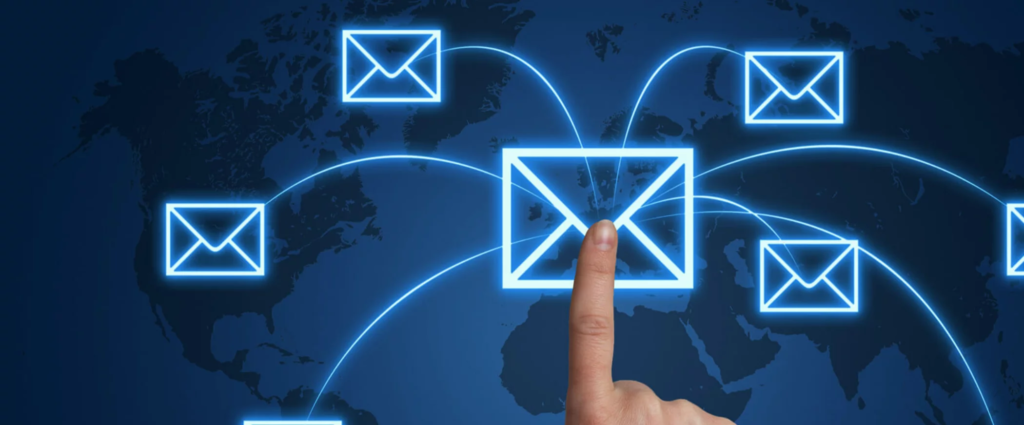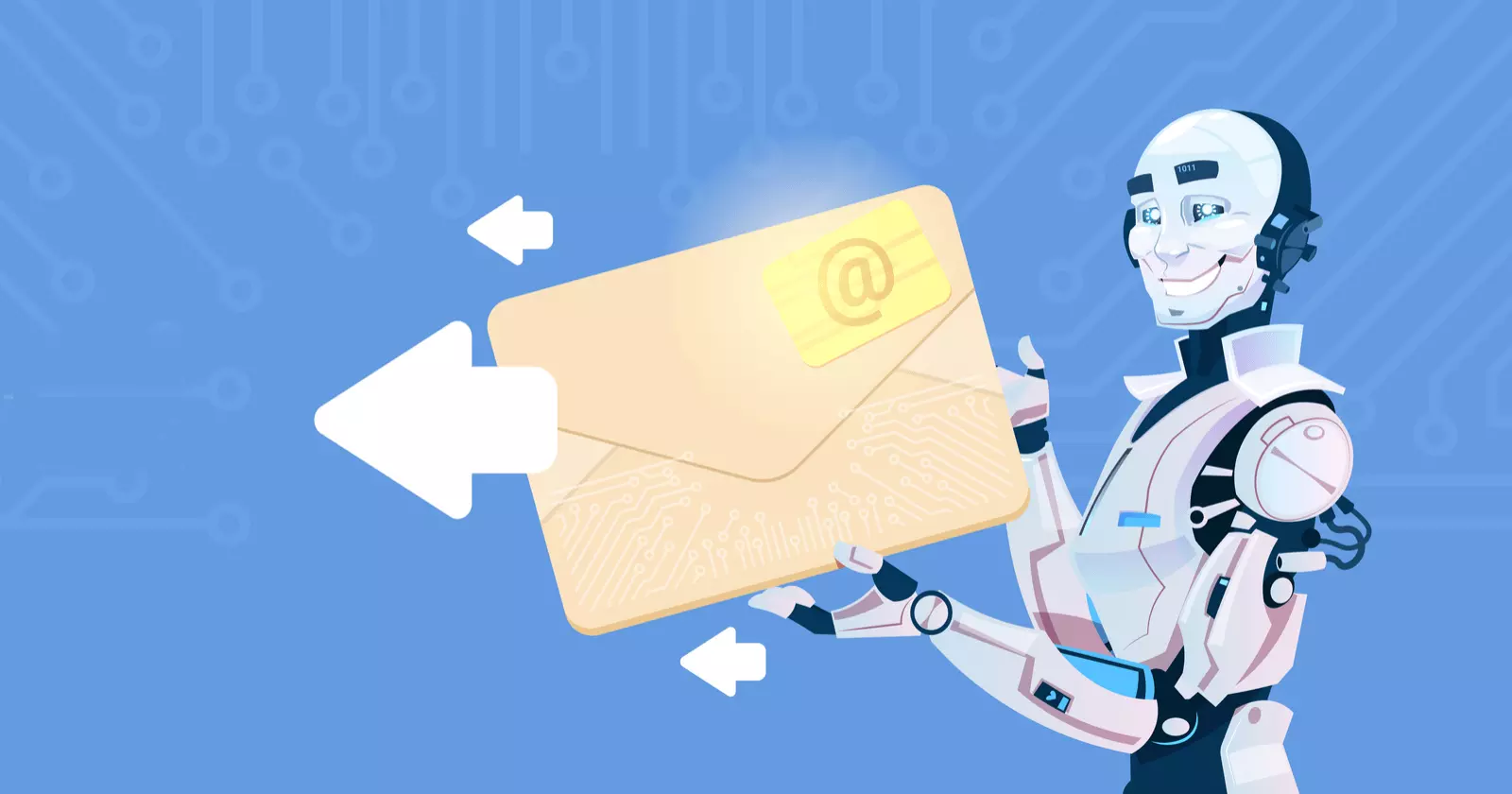
In the ever-evolving landscape of B2B marketing, email remains a cornerstone for effective communication and lead nurturing. However, the process of crafting compelling and personalized email content can be time-consuming and labor-intensive. Enter generative AI – a technology that promises to revolutionize the way businesses approach email marketing. By integrating generative AI into your B2B email marketing strategy, you can not only save time but also enhance the quality and personalization of your campaigns.
The Role of Generative AI in B2B Email Marketing
Generative AI refers to artificial intelligence systems that can create content autonomously. These systems use advanced algorithms to analyze vast amounts of data and generate human-like text, making them ideal for crafting email content. In the context of B2B email marketing, generative AI can be leveraged to:
- Create Personalized Content: Generative AI can analyze customer data to create highly personalized email content. By understanding the recipient’s behavior, preferences, and past interactions, AI can tailor messages that resonate on a deeper level, increasing engagement and conversion rates.
- Automate Email Generation: Writing emails from scratch can be a tedious task. Generative AI can automate this process by generating email drafts based on predefined templates and content guidelines. This not only speeds up the content creation process but also ensures consistency in messaging.
- Enhance A/B Testing: Generative AI can create multiple versions of email content for A/B testing. By analyzing the performance of these variations, AI can identify the most effective messaging strategies, helping marketers optimize their campaigns in real-time.
How Integration Saves Time
Integrating generative AI into your B2B email marketing workflow can significantly reduce the time spent on various tasks. Here’s how:
- Streamlining Content Creation: Traditional email marketing requires extensive time for brainstorming, writing, editing, and proofreading. Generative AI can handle these tasks in a fraction of the time, generating polished content that is ready to be sent out or fine-tuned by human marketers.
- Reducing Manual Data Analysis: Generative AI can analyze customer data and generate insights without human intervention. This capability allows marketers to quickly identify trends and preferences, ensuring that email content is always relevant and targeted.
- Automating Routine Tasks: Tasks such as segmenting email lists, scheduling sends, and monitoring campaign performance can be automated with AI. This automation frees up time for marketers to focus on strategic planning and creative endeavors.
Best Practices for Integrating Generative AI
To fully leverage the benefits of generative AI in B2B email marketing, consider the following best practices:
- Start with Clear Objectives: Define what you want to achieve with AI integration. Whether it’s increasing open rates, boosting conversions, or enhancing personalization, having clear objectives will guide your AI implementation.
- Choose the Right Tools: There are numerous AI tools available, each with its own strengths. Choose a tool that aligns with your specific needs and integrates seamlessly with your existing marketing platforms.
- Maintain Human Oversight: While generative AI can handle many tasks autonomously, human oversight is crucial. Marketers should review AI-generated content to ensure it aligns with brand voice and messaging guidelines.
- Monitor and Optimize: Continuously monitor the performance of your AI-driven campaigns. Use analytics to measure success and identify areas for improvement. AI systems learn and improve over time, so regular optimization is essential.
The Future of B2B Email Marketing
As generative AI continues to evolve, its applications in B2B email marketing will expand. Future advancements may include even more sophisticated personalization, predictive analytics to anticipate customer needs, and deeper integration with other marketing channels. Businesses that embrace these technologies early will be well-positioned to stay ahead of the competition.
In conclusion, integrating generative AI into your B2B email marketing strategy is a powerful way to save time and enhance the effectiveness of your campaigns. By automating routine tasks, personalizing content, and continuously optimizing your approach, AI can help you achieve better results with less effort. The future of B2B email marketing is here, and it’s powered by AI.
By embracing generative AI, businesses can transform their B2B email marketing efforts, making them more efficient and impactful. The time saved through automation and optimization allows marketers to focus on what truly matters – building strong, lasting relationships with their clients.
Follow GoDigital360Degree for more blogs!


Leave a Reply